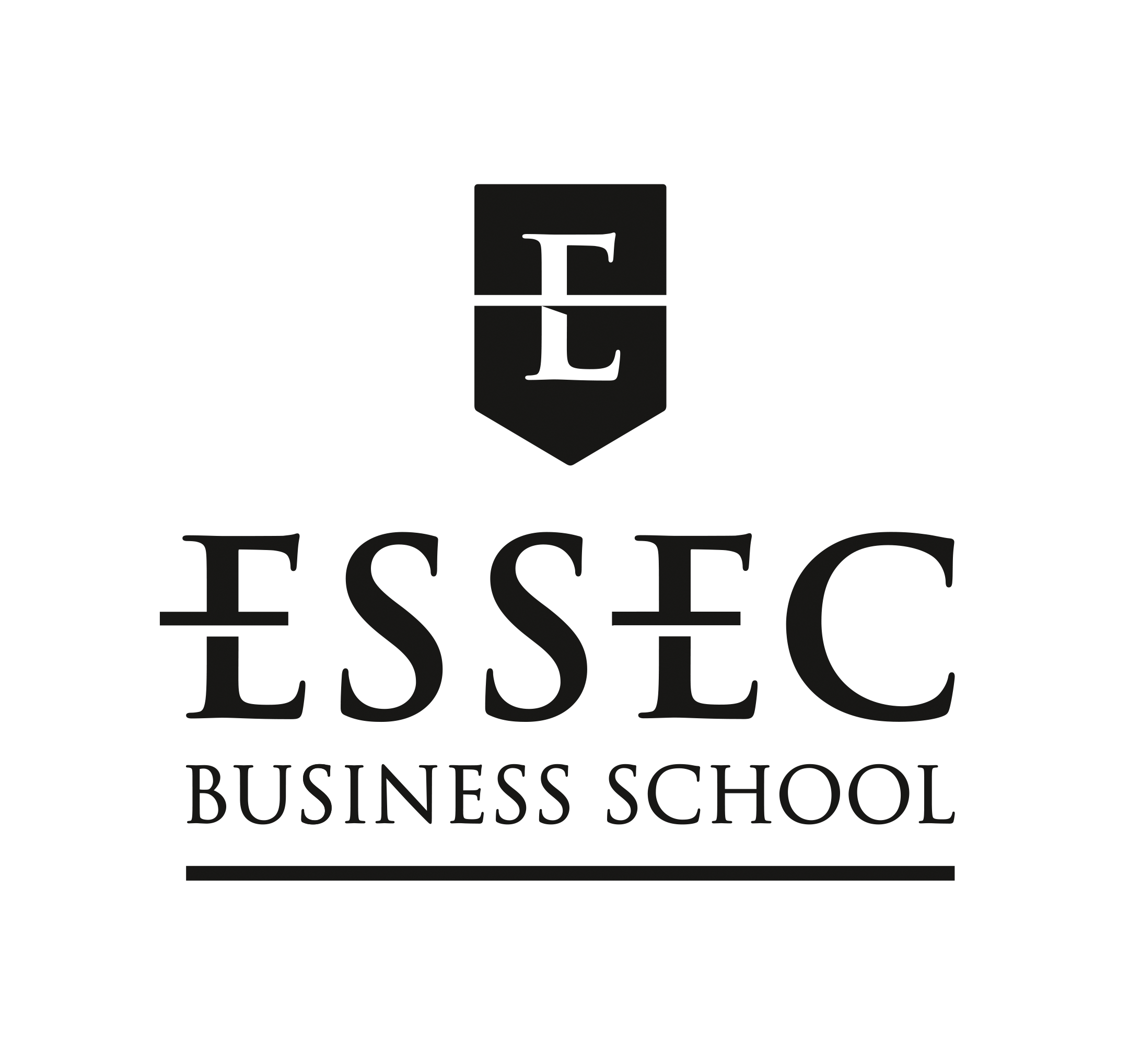Gone are the days when technology was seen as a support function for the financial services sector.
Technology like Artificial Intelligence (AI), machine learning, Big Data, biometrics, and more have moved to the forefront of financial institutions’ business strategy, with enormous implications for how they operate and serve customers.
A Snapshot of Changes in the Finance Sector
One only has to look at many robo-advisors and chatbots on the market to understand how personal finance has changed.
With technological advances, clients have more autonomy in financial planning, greater personalization of services, and the convenience of 24/7 support.
In consumer or corporate finance, digital tools are playing a role in improving financial analytics capabilities, accelerating decision-making, and increasing cybersecurity.
New technologies such as blockchain—previously associated primarily with cryptocurrencies—also show great potential to help banks verify digital identities, manage the lifecycle of loans, and develop smart contracts.
In addition, digital transformation is driving competition in the industry by enabling the entry of non-traditional fintech companies, e-commerce giants, and super apps like Grab and others.
Indeed, embedded finance—integrating tools such as banking, investments, payments, insurance, and more within non-financial institutions—is growing exponentially and is expected to exceed US$7 trillion in the next decade, fuelled mainly by consumer trends to buy now, pay later.
Implications for the Future of Finance
Such digital transformation means that more exciting roles and projects will be available. However, this is only for finance professionals with the skills to meet the evolving needs of the industry.
In this landscape, more than a pure finance approach is required.
While a bedrock of skills like accounting and financial analysis remains necessary, the need is also for those who are comfortable using new data analytic tools and understand user interface and e-commerce—essentially, how the tech and finance fields can merge.
In addition, as automation frees workers from manual, time-consuming tasks, employers will be looking for individuals who can add value with soft skills such as communication, problem-solving, and analytical thinking.
Crack the Digital Code with the ESSEC MiF
This is where programs like the ESSEC Master in Finance (MiF) program can help.
As one would expect from a program that ranks among the best finance master’s programs in Asia, the MiF ensures that its graduates are equipped with a solid foundation of core finance skills like statistics and economics and an understanding of financial markets that enable them to move seamlessly across sectors.
However, what sets the program apart in the digital-first world is that it also addresses the sector’s digital transformation with specific modules such as Digital Financial Platforms and intermediation, Financial Econometrics, and Big Data Analytics.
While all students can access these digitally-focused courses as electives, those at the ESSEC Asia-Pacific campus in Singapore can specialize in the Fintech & Analytics track.
A highlight of this course is that students complete a final project in collaboration with renowned financial institutions such as BNP Paribas and OTCex S.A.
“With the digital upheaval in the financial sector, it does not matter if you work in the financial markets, in an investment bank, or even for a corporation. The understanding you gain in the Fintech Track courses will be of great use to you in the future,” says Peng Xu, Associate Academic Director of Master in Finance at ESSEC Business School, Asia-Pacific.
A Powerful Combination of People and Digital Skills
She adds that these theoretical lessons are complemented by ESSEC’s career-oriented approach. For example, classes are taught by industry professionals to ensure that “students have the practical knowledge to apply the skills once they enter the workforce.”
The school regularly hosts guest lectures from industry professionals to keep students abreast of the latest financial trends. It conducts an annual study trip for students to visit financial institutions in hubs like Hong Kong and New York.
Integrating group projects into the curriculum fosters valuable soft skills, such as collaboration, communication, and problem-solving.
The fact that the ESSEC Asia-Pacific MiF cohort is so diverse only reinforces these lessons about teamwork by allowing students to learn more about different cultures and perspectives they might encounter in the workplace.
The results of such a combination speak for themselves. 52 percent of MiF students found employment before graduation, and alumni can be found at companies like Amundi, Barclays Capital, McKinsey & Company, Standard Chartered, Sumitomo Mitsui Banking Corporation, and more.
Significantly, these statistics have held despite the pandemic and the digital acceleration it brought—a testament to the power of the MiF qualification in helping aspiring finance professionals ride through the waves of change, both today and into the future.
RELATED POSTS
Students from Southeast Asia on Dean’s List
Three Southeast Asian Global Bachelor of Business Administration (BBA) students—Éloïse Le, Janice Augustine, and Olivia Gunawan—achieved Dean's List…
What ESSEC SMIB Students Learned from Vietnam’s Top Companies in Just 5 Days
ESSEC Master in Strategy & Management of International Business (SMIB) students spent five impactful days in Ho Chi Minh City, gaining real-world…
Bridging Tomorrow: ESSEC-CentraleSupélec’s Revolutionary AI and Management Bachelor
Innovative program combines elite business education with cutting-edge engineering at Europe's prestigious institutions.
Specialized Prestigious Tracks: Elevating Global Business Excellence at ESSEC
ESSEC's Global BBA offers elite international tracks that transform students through immersive cross-continental learning experiences, prestigious…
The Asian Strategy Challenge: Real-World Consulting Experience
ESSEC's Asian Strategy Challenge transforms SMIB students into strategic consultants through intensive, real-world business problem-solving with…
Global Exposure: The Impact of Study Trips on SMIB Students
SMIB study trips to Bangkok, Dubai, and other global business centers provide transformative international exposure, developing cross-cultural…








